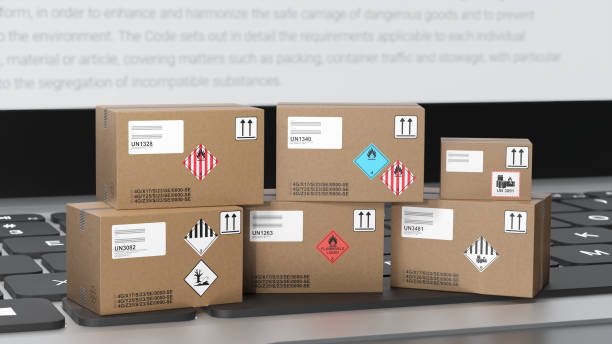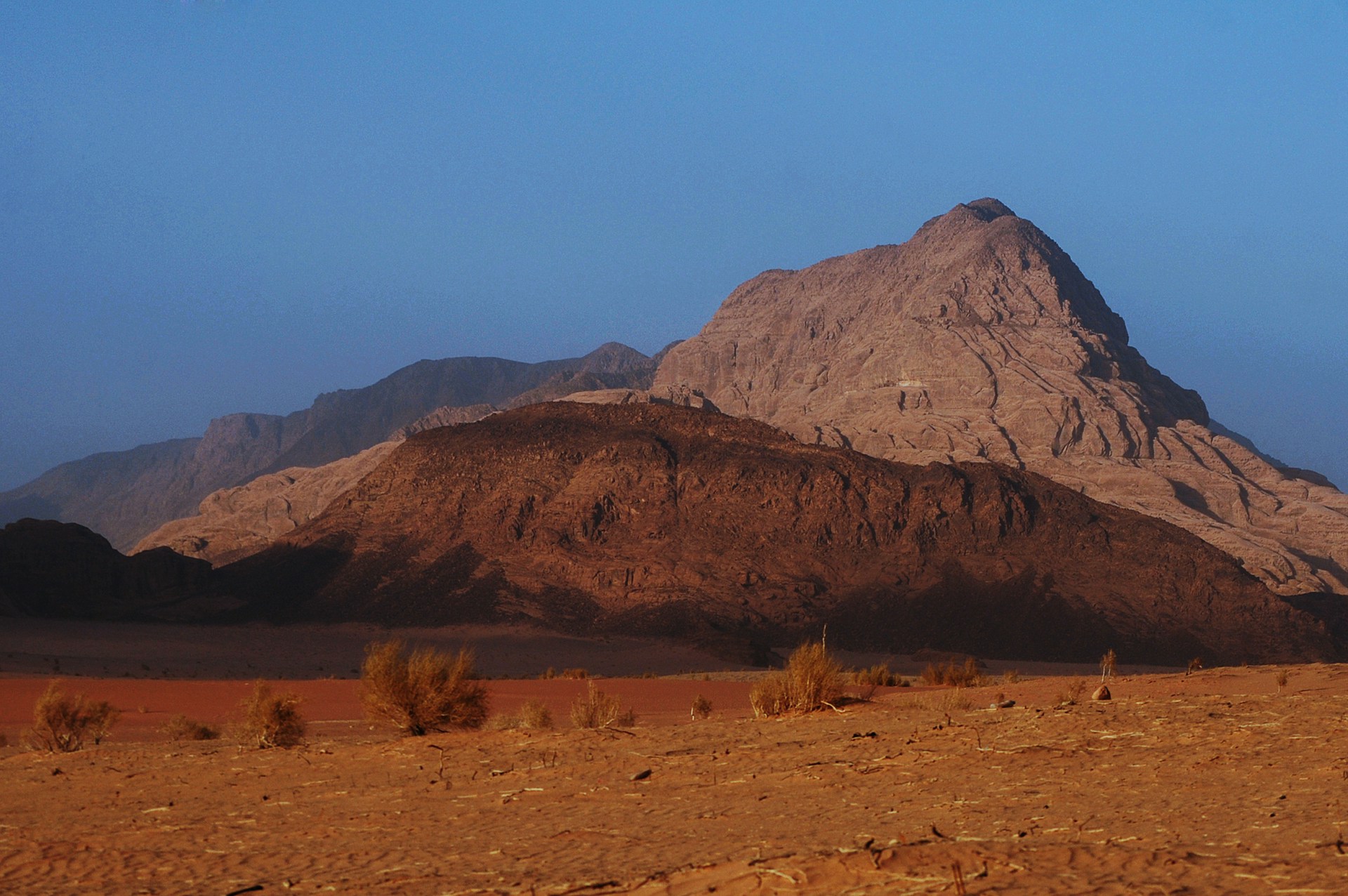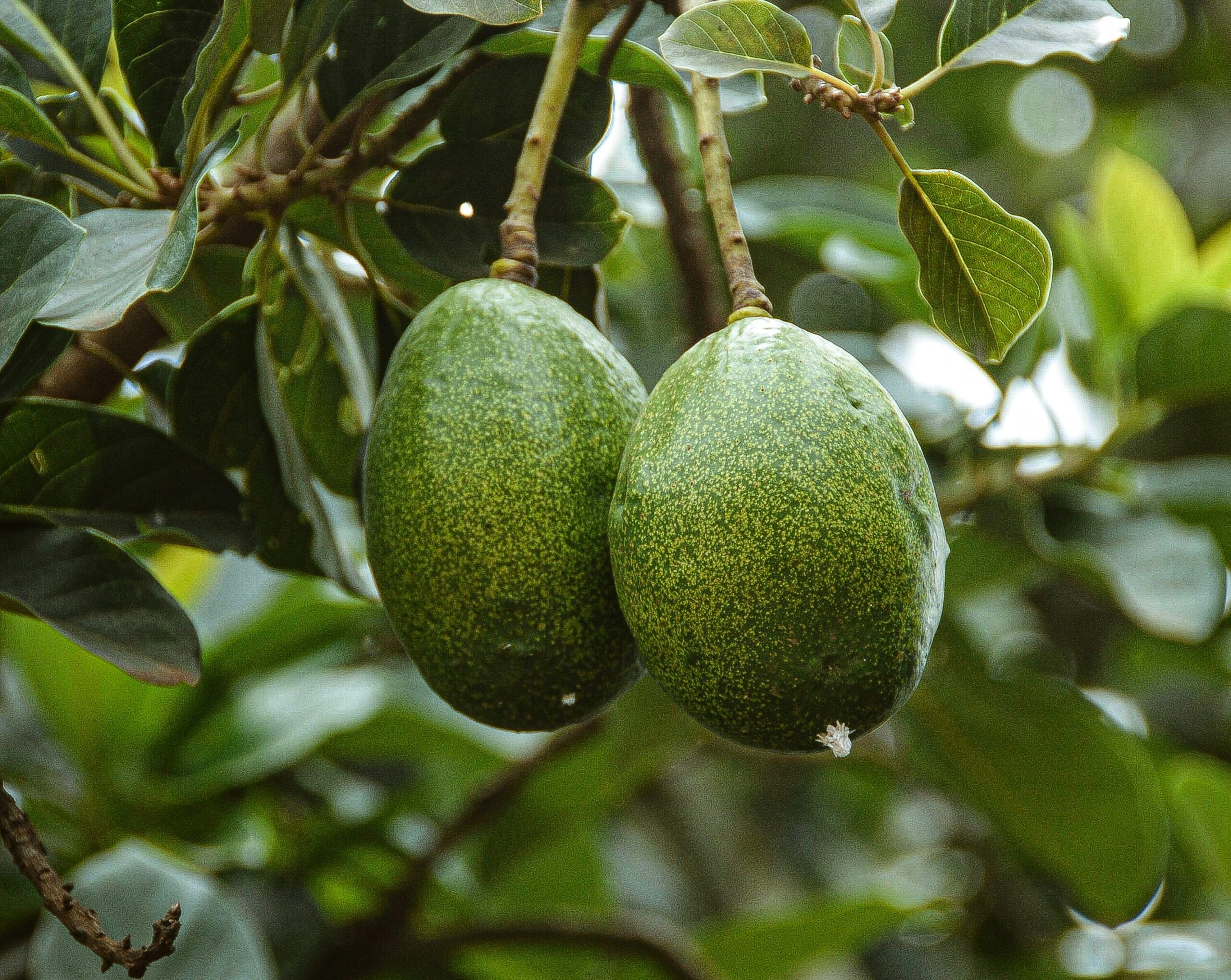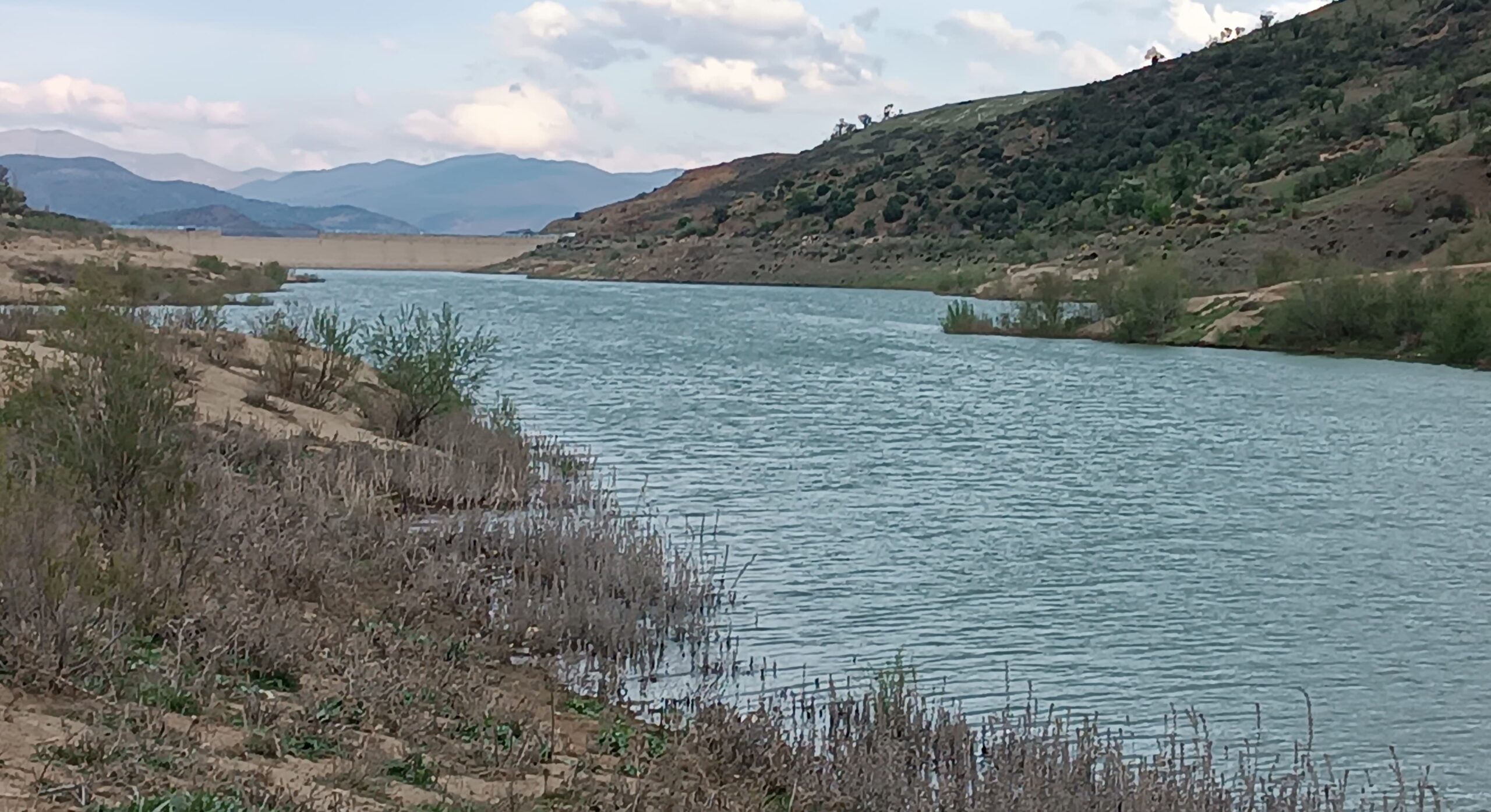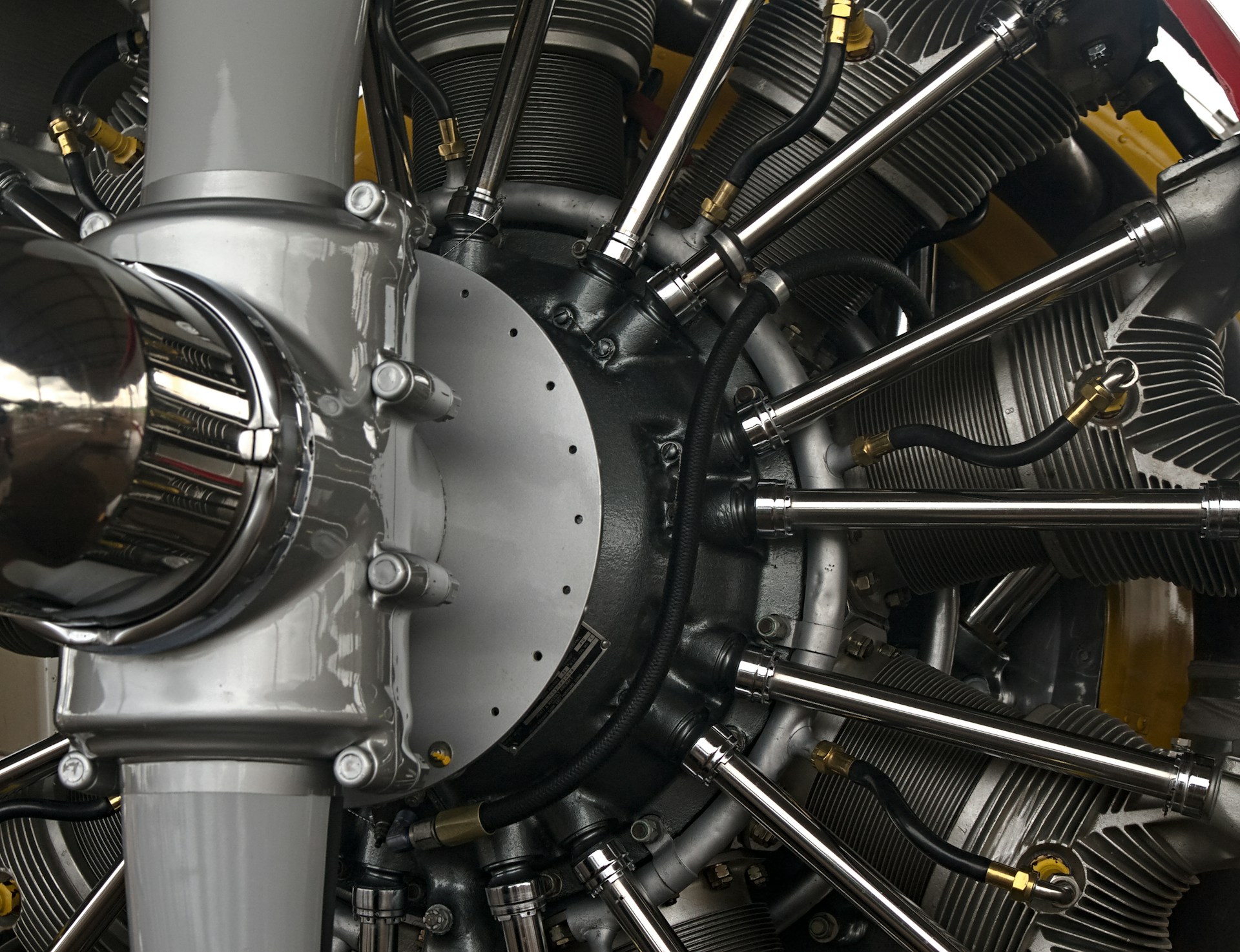Casablanca – Amid soaring prices of red meat that have significantly burdened Moroccan consumers, the government is implementing new measures aimed at alleviating the financial strain on families. The National Office for Health Safety of Food Products (ONSSA) has announced that it will allow the importation of fresh red meat, including frozen and chilled options, from various countries, including those in the European Union, Russia, and the United States.
This decision comes as a response to the persistent rise in meat prices, which have hit record highs over the past few weeks. Currently, the wholesale price of veal has reached approximately $9.79 per kilogram, while lamb is priced between $11.53 and $11.84 per kilogram. At retail points, these prices climb to approximately $11.34 to $13.40, marking a substantial increase compared to previous levels.
Professionals in the meat sector have expressed their concerns over declining consumption rates, attributing it to the high prices. Many families are now faced with difficult choices, as the rising costs of white meats, such as chicken and turkey, further exacerbate the situation. The price of chicken has nearly reached $3.09 per kilogram, while turkey prices have also surged.
In an effort to address the crisis, the government held discussions with sector stakeholders last month. The Minister of Agriculture announced continued support for livestock feed for farmers, emphasizing the importance of maintaining the productivity of female animals. However, many professionals are urging the government to facilitate imports due to the current shortages in the national livestock.
To ensure that the imported meat meets health and safety standards, ONSSA has mandated that all imported products be accompanied by health certificates from the country of origin, as well as halal certifications. This initiative aims to bolster consumer confidence in imported meat products while ensuring compliance with local regulations. The list of approved countries for importing red meat includes Albania, Argentina, Australia, Canada, Chile, and others, with additional sources for veal and beef, such as Ukraine, Brazil, and Paraguay.
These measures are crucial as Moroccan families continue to feel the pinch from escalating meat prices. Many consumers have already started to view meat as a luxury item, foregoing it in their diets due to financial constraints. The government’s efforts to increase the availability of affordable meat options are seen as essential to stabilizing the market and supporting the purchasing power of Moroccan citizens during these challenging economic times.







